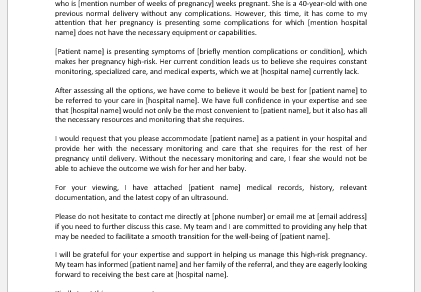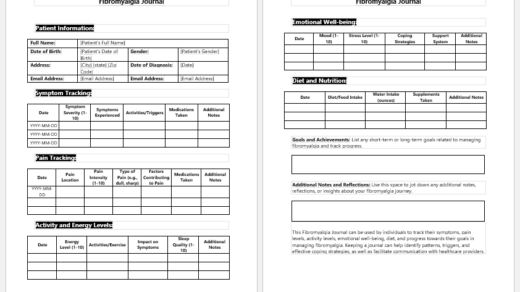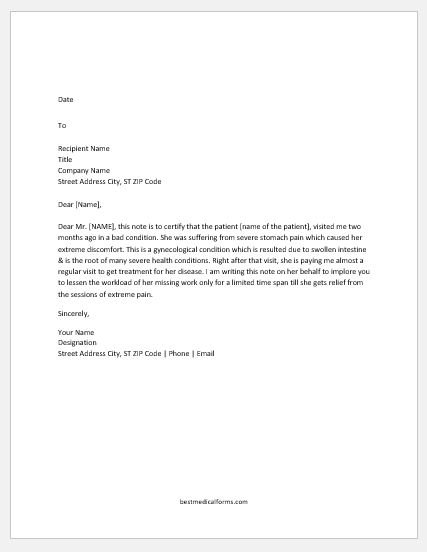Need a blood transfusion?
Due to decreased dietary iron intake, many cases of anemia have been reported, and the number is increasing daily. Not only this, but reckless driving has led to many road traffic accidents resulting in blood loss. Many chronic illnesses lead to a deficiency of iron in the body. All these patients require a blood transfusion. Few patients need transfusions daily.
Which Types of Patients Require Blood Transfusion?
There are many indications of blood transfusion, but these are some common ones:
- Hemoglobin level less than 6g/dl
- Acute massive blood loss due to trauma, surgery, and post-delivery.
- Chronic blood loss
- Exchange transfusion in neonates
- Blood discrepancies and disorders like Thalassemia and Hemophilia
- Cancer patients
- Shock
- Burn patients
- For surgeries
Types of Blood
There are mainly two categories defining blood types: the ABO system and the Rhesus system. Types of blood groups are present, hence types A+, A-, B+, B-, AB+, AB-, O+, and O-. A blood sample from a donor is drawn, and then it is cross-matched with the recipient’s blood to avoid reactions.
Various patients require different types of blood and products. Some may need whole blood, while others may benefit from packed red blood cells (PRBC). Other blood products are fresh frozen plasma, cryoprecipitate, and platelet-rich plasma.
Importance of Consent
Informed consent is essential before a blood transfusion. Some sects do not approve of blood transfusion; therefore, it is the responsibility of the doctor to inform his patient about the need for blood transfusion and its consequences. Written documentation is necessary before proceeding with the procedure.
Blood Transfusion Consent Forms
Blood transfusion consent forms need to be detailed about the necessity of the procedure along with the benefits and complications. The layout of the form is:
- Information about the patient: name, father’s or spouse’s name, age, sex, address, and contact number.
- The diagnosis is based on the patient’s history and clinical examination.
- Drug history and allergies.
- History of blood transfusion in the past—if yes—reason for transfusion and quantity of blood transfused. History of reaction to blood, if any.
- The name of the doctor who requested the transfusion and his registration number.
- Description of the method of transfusion and indications.
- Quantity of blood and type of blood or blood products to be transfused.
- Name of the hospital or clinic, date of procedure, and time of the start of the blood transfusion.
- Complications of the procedure. Common consequences include the transmission of infections and reactions to blood or blood products.
- Measures to be taken, given by the doctor, in case of a reaction to blood include the name of the drug, the route of administration, and the dosage according to the age of the patient.
- Confidentiality and privacy agreement.
- Emergency contact or next of kin of the patient.
- Signature of the doctor.
- Name and signature of the nurse in charge.
- Full name with the signature of the patient or any close relative.
- Nursing Documentation Templates
- Mental Health Evaluation Forms
- Forms Used by Pediatricians
- Various Forms Related to Pregnancy Verification
- Common Forms Used by ENT Specialists
- Pain Diary Worksheet Template
- Forms Commonly Used by Old Age Homes
- Medical Treatment Consent Form
- Home Exercise Program Worksheet
- Forms Used for Mental Health Assessment
- Forms Used by Psychologists
- Medical Forms Commonly Used by/for Students
- Assessment Consent Form
- Forms Used by an Anesthesiologist
- Not Fit to Fly Certificate Template
- Home Visit Consent Form for Schools
- Important Forms Commonly Used by Pharmacies
- Important Forms Commonly Used by Dentists



